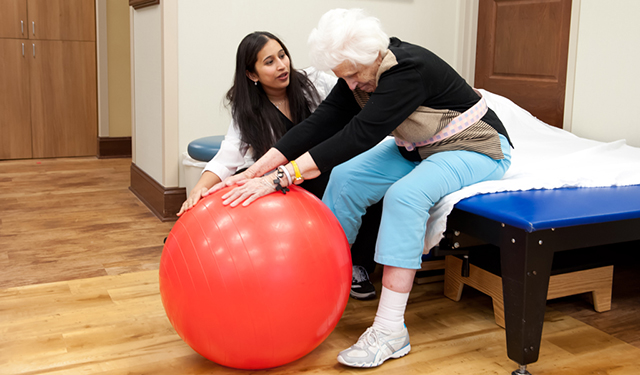Enhancing Rehabilitation Outcomes Through Effective Practical Movement Assessment Protocols
Enhancing Rehabilitation Outcomes Through Effective Practical Movement Assessment Protocols
Blog Article
Functional Mobility Assessment (FMS) is a beneficial tool used to evaluate an individual's mobility mechanics. This screening helps determine any weaknesses or discrepancies in the body, which can result to harm if not addressed. In recovery settings, FMS can serve a crucial role in improving recovery results. By understanding how each person navigates, healthcare providers can develop targeted recovery programs that concentrate on improving power, flexibility, and general function.
One of the key advantages of using FMS in rehabilitation is its ability to identify particular areas that need enhancement. For example, if a client struggles with squat movements or lunging, it may suggest a lack of mobility in their hip joints or ankles. This data allows therapists to formulate personalized fitness programs that emphasize addressing these deficits. As a consequence, patients are more likely to recover their strength and functionality, which is crucial for returning to daily tasks or sports.
Incorporating effective FMS protocols can also assist prevent future harm. Many damages occur due to inefficient mobility mechanics or excessive use of specific muscle clusters. By evaluating individuals before they begin a recovery program, clinicians can detect hazards and implement helpful resources strategies to minimize them. Educating check out here patients about proper mobility patterns and strengthening underdeveloped aspects can lead to long-term advantages, promoting that they remain active and fit.
Additionally, the use of FMS can improve communication between healthcare professionals and patients. When clients witness their mobility patterns assessed and clarified, they gain a better understanding of their recovery process. This clarity builds confidence and motivates patients to take an active role in their rehabilitation. By engaging patients in their rehabilitation process, they are more likely to follow to recommended exercises and behavioral adjustments that promote better outcomes.
In summary, improving rehabilitation outcomes through efficient operational movement assessment procedures is essential for both clients and healthcare professionals. By accurately evaluating movement mechanics, clinicians can develop tailored recovery programs that meet specific needs. This not only aids in rehabilitation but also helps avoid future harm. As patients become more involved in their rehabilitation journey, they are likely to achieve their objectives and sustain a healthy, engaged lifestyle.